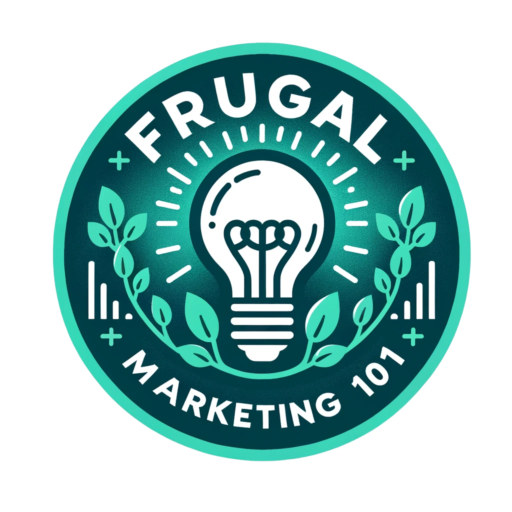Keyword research is a must if your goal is to increase your website’s visibility and attract relevant traffic. This guide will walk you through the basics and give you practical tips for effective keyword research, another usteful tool in your frugal marketing arsenal.
What is Keyword Research?
Keyword research is the process of finding and analyzing search terms that people enter into search engines. This helps you to understand what topics your audience is interested in and how to optimize your content accordingly.
Why is Keyword Research Important?
Increased Visibility: By targeting the right keywords, your content can appear in relevant search results, making it easier for potential customers to find you.
Targeted Traffic: Specific keywords can attract visitors who are more likely to convert.
Competitive Advantage: Knowing which keywords your competitors rank for can help you identify gaps and opportunities.
Steps for Effective Keyword Research
Brainstorm Seed Keywords: Start with broad terms related to your business. For example, if you sell handmade jewelry, seed keywords could include “handmade earrings” or “custom necklaces.”
Analyze Competitors: Use tools like Ahrefs and SEMrush to see which keywords your competitors rank for. This can help you discover new keywords to target.
Types of Keywords
Short-Tail Keywords: Broad terms like “shoes” with high search volume but also high competition.
Long-Tail Keywords: More specific phrases like “handmade silver earrings for women” that have lower search volumes but higher conversion rates.
Analyzing Keywords
When choosing keywords to target, consider:
Search Volume: Higher search volume means more potential traffic.
Keyword Difficulty: Indicates how hard it is to rank for a keyword.
Traffic Potential: Considers the overall traffic a page could get if it ranks well.
Cost Per Click (CPC): Useful if you plan to run paid ads.
Implementing Keywords
Once you have your keywords, integrate them into your content:
Title Tags: Include your primary keyword at the beginning.
Headings: Use keywords in H1, H2, and H3 tags.
Body Text: Naturally incorporate keywords without stuffing.
Meta Descriptions: Write compelling meta descriptions that include your primary keyword.
URL Slugs: Make URLs descriptive and include relevant keywords.
Ongoing Strategy and Monitoring
Keyword research is continuous. Regularly monitor your rankings and adjust your strategy based on performance data.
Track Rankings: Use tools to monitor keyword performance.
Analyze Traffic: Check which keywords drive the most traffic and conversions.
Update Content: Periodically refresh your content to keep it relevant.
Conclusion
Doing keyword research can significantly enhance your SEO efforts, driving more organic traffic and improving your online visibility. By understanding your audience and using the right tools, you can create a robust SEO strategy tailored to your small business needs.




